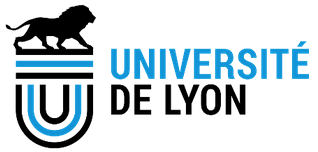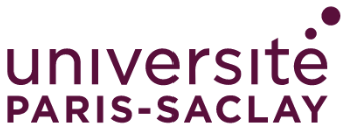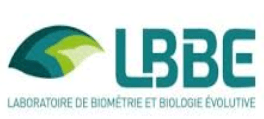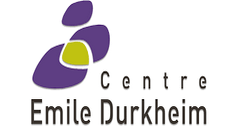In Lyon, the HCL are developing viruses to fight against resistant bacteria
In Lyon, the Hospices Civils de Lyon received 2.85 million euros to develop healing viruses capable of fighting against bacteria resistant to antibiotics.
Phage therapy may not mean anything to you and for good reason: this method of treatment, which uses natural viruses, phages, to treat bacterial infections, is not authorized on the French market. This method is however known from Georgia, where establishments in Tbilisi, in the capital, use it daily.
However, the Hospices Civils de Lyon (Rhône) received a grant of 2.85 million euros from the National Research Agency (ANR) to develop this innovative treatment.
An innovative development
Phage therapy was prohibited because it lost its regulatory authorization. However, the declaration of Helsinki, in 1964, authorizes the use of a therapeutic form which does not have all the authorizations when there is no other alternative.
For now, this method is used in a compassionate setting at HCL. "The only patients to take phages, that's it or we have more options to treat them", explains Frédéric Laurent, the microbiologist and Head of the Bacteriology Department within the Institute of Infectious Agents in Lyon.
“The ANSM does not authorize, but it does not prohibit either for this case. There is no clinical trial“, he underlines.
Impossible for France to exploit the Georgian phages, because they do not meet European and French standards. But the Hospices Civils de Lyon have started to study this mode of treatment again since 2017, with 26 patients treated, in a specific setting.
Three bacteria in the crosshairs
The project, known as Phag-One, targets three bacteria: they are commonly called Staphylococcus aureus, the best known, and Staphylococcus white. The last, Escherichia coli, is often responsible for persistent urinary tract infections.
"The two staphylococci, it was logical that we study them, because we seek to cure diseases linked to these bacteria in priority at the level of knee and hip prostheses", explains the professor.
As for Escherichia coli, it is another family of bacteria, very resistant to antibiotics. "The goal remains to create synergy with the antibiotics, to add them, even if we can use a phage coupling alone," he says.
"Using viruses that only infect bacteria, with no side effects, gives these patients a chance," says the professor.
Two years before the first treatment
Before the first patient receives his injection, the professor estimates that it will take two years. The professor will work in a team with Professor Tristan Ferry, infectiologist and deputy head of the Infectious and Tropical Diseases department.
During this time, other specialists will join them. Microbiologists will look for the phages, before isolating and characterizing them, and then producing them. Pharmacists will take over to purify them, before clinicians can offer an injection to patients.
No desire for commercialization
“We will produce purely academic phages. The idea is to have an academic, hospital production, there is no desire to market“, he brings.
The Lyon center has already begun to study phages and will then be able to benefit from partnerships in Grenoble or Paris, since the capital has a collection of staphylococci strains.
Was this article helpful to you? Note that you can follow Actu Lyon in the My Actu space. In one click, after registration, you will find all the news of your favorite cities and brands.
Article written by Emmanuelle Lacheny and published in ActuLyon


















